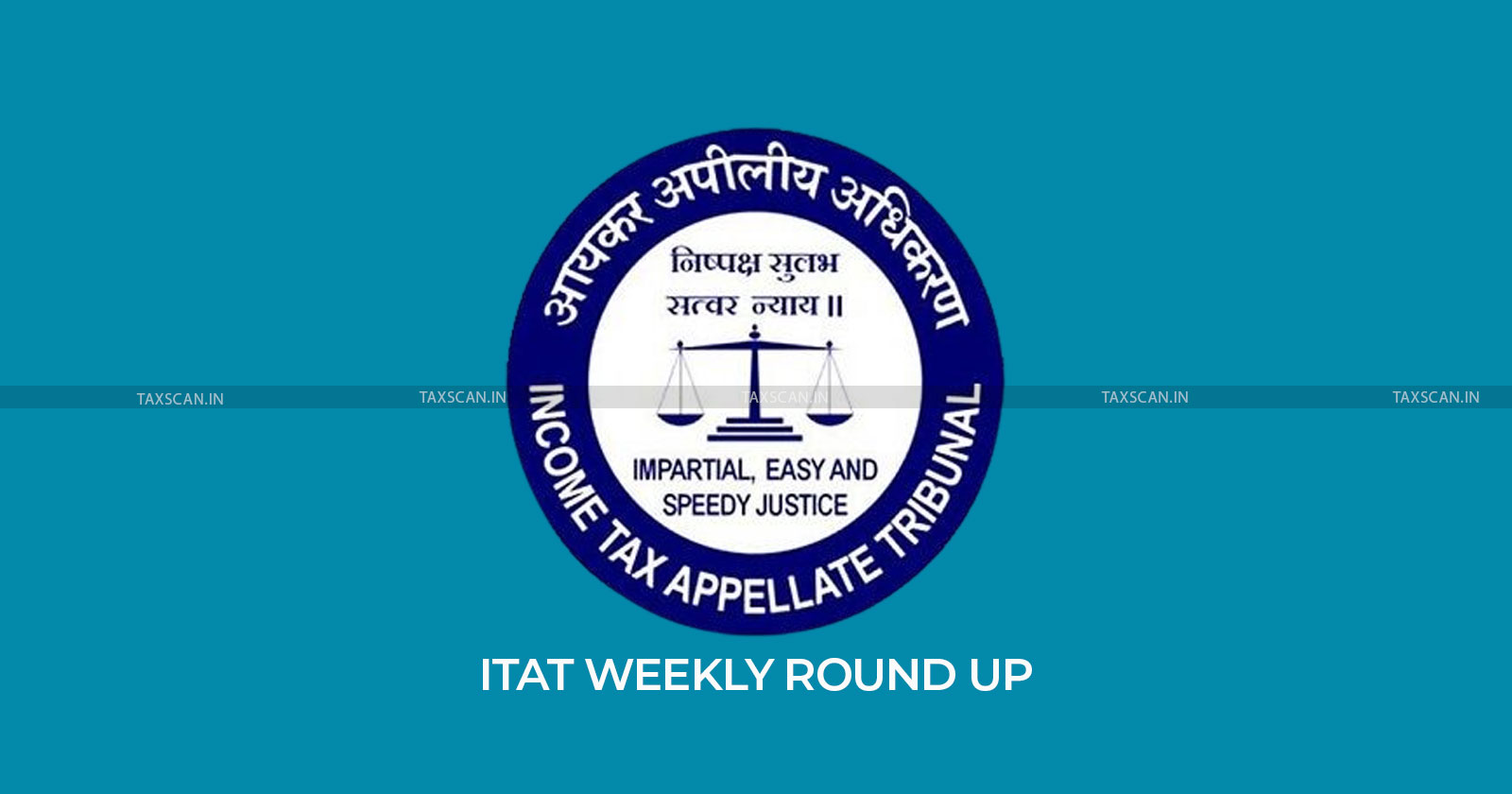Deduction Claim on Unpaid Ad-hoc Bonus from AY 1984-85: Bombay HC Quashes ₹12L Income Tax Penalty from 2002 ITAT Order citing Plausibility [Read Order]
The assessee had initially declared a loss later but later declared positive income in a revised 'Amnesty Return', after adding back certain liabilities
![Deduction Claim on Unpaid Ad-hoc Bonus from AY 1984-85: Bombay HC Quashes ₹12L Income Tax Penalty from 2002 ITAT Order citing Plausibility [Read Order] Deduction Claim on Unpaid Ad-hoc Bonus from AY 1984-85: Bombay HC Quashes ₹12L Income Tax Penalty from 2002 ITAT Order citing Plausibility [Read Order]](https://images.taxscan.in/h-upload/2025/07/14/2063729-deduction-deduction-claim-deduction-claim-on-unpaid-ad-hoc-bonus-ad-hoc-bonus-taxscan.webp)
The Bombay High Court recently set aside a penalty of ₹12,82,700 imposed on Carona Limited, noting that merely claiming deduction on unpaid ad-hoc bonus could not attract penalty under Section 271(1)(c) of the Income Tax Act, 1961 in the absence of any malafide or false statement to prove otherwise.
The present income tax appeal was instituted before the Bombay High Court by Carona Limited, a footwear manufacturer. During the 1984-85 period, a demand for an increase in bonus was raised by the company’s employees’ union; following meetings between the union, the management, and the Labour Minister, it was decided that an additional 2% ad-hoc bonus would be paid to employees before Diwali.
 Also Read:“Proceedings to Reopen Assessment not akin to Review Proceedings”: Bombay HC quashes Delayed Reopening due to Change of Opinion [Read Order]
Also Read:“Proceedings to Reopen Assessment not akin to Review Proceedings”: Bombay HC quashes Delayed Reopening due to Change of Opinion [Read Order]
On September 30, 1985 Carona Limited filed its income tax return, declaring a loss of ₹77,92,340 for AY 1984-85. On July 31, 1986, the company filed a revised ‘Amnesty Return’, declaring a positive income of ₹60,93,750 after adding back unpaid sales tax liability and incremental gratuity liability.
The UAE Tax Law Is Evolving — Stay Ahead Before Clients Find Someone Who Already Is, Enroll Now
However, Carona Limited did not add back the amount of unpaid ad-hoc bonus (₹22,21,123) that had not yet been paid to its employees and continued to claim exemption for this amount in the revised amnesty return as well.
The Assessing Officer (AO) disallowed the deduction claimed for the unpaid ad-hoc bonus contending that the liability had not actually been paid during the relevant year and thus was not allowable under Section 43B of the Income Tax Act, 1961.
 Also Read:Discretionary Power cannot be Exercised to Halt Income Tax Assessments involving Huge Undisclosed Income: Bombay HC refuses to Entertain plea [Read Order]
Also Read:Discretionary Power cannot be Exercised to Halt Income Tax Assessments involving Huge Undisclosed Income: Bombay HC refuses to Entertain plea [Read Order]
Noting that the explanation offered by Carona Limited was not bonafide, the AO imposed a penalty of ₹12,82,700 under Section 271(1)(c) of the Income Tax Act for concealment of income and furnishing inaccurate particulars.
The Commissioner of Income Taxes (Appeals) reversed the decision while the Income Tax Appellate Tribunal (ITAT) sustained the penalty leading to the present appeal.
Appearing through Aarti Sathe, the Assessee submitted that it was their bonafide belief that under the mercantile system of accounting, a business liability can be allowed for deduction for the year in which it has arisen and accrued; and not when it is actually paid by the Assessee.
The liability for bonus in the present case had arisen on 26 August 1983 during the accounting year 1982-83, and thus the Assessee believed that the liability was claimable as it had crystallised in the relevant accounting year.
The UAE Tax Law Is Evolving — Stay Ahead Before Clients Find Someone Who Already Is, Enroll Now
Shilpa Goel appeared for the Revenue and argued that the ITAT had rightly restored the penalty, contending that the assessee’s conduct amounted to deliberate concealment of income and that the penalty under Section 271(1)(c) was justified since the claim was both baseless and inaccurate.
The Bench of Chief Justice Alok Aradhe and Justice Sandeep V. Marne noted that the assessee’s claim was based on a plausible understanding of its accounting liability and there was no evidence of any false or malafide statement.
The Bombay High Court clarified that disallowance of a claim alone does not justify a penalty under Section 271(1)(c) unless there is evidence of dishonesty or deliberate concealment. In the present case, Carona’s claim was found to be made in good faith and based on a plausible interpretation of the law.
Consequently, the Bombay High Court set aside the 2002 order passed by the ITAT and confirmed the order passed by the CIT(A).
Support our journalism by subscribing to Taxscan premium. Follow us on Telegram for quick updates



